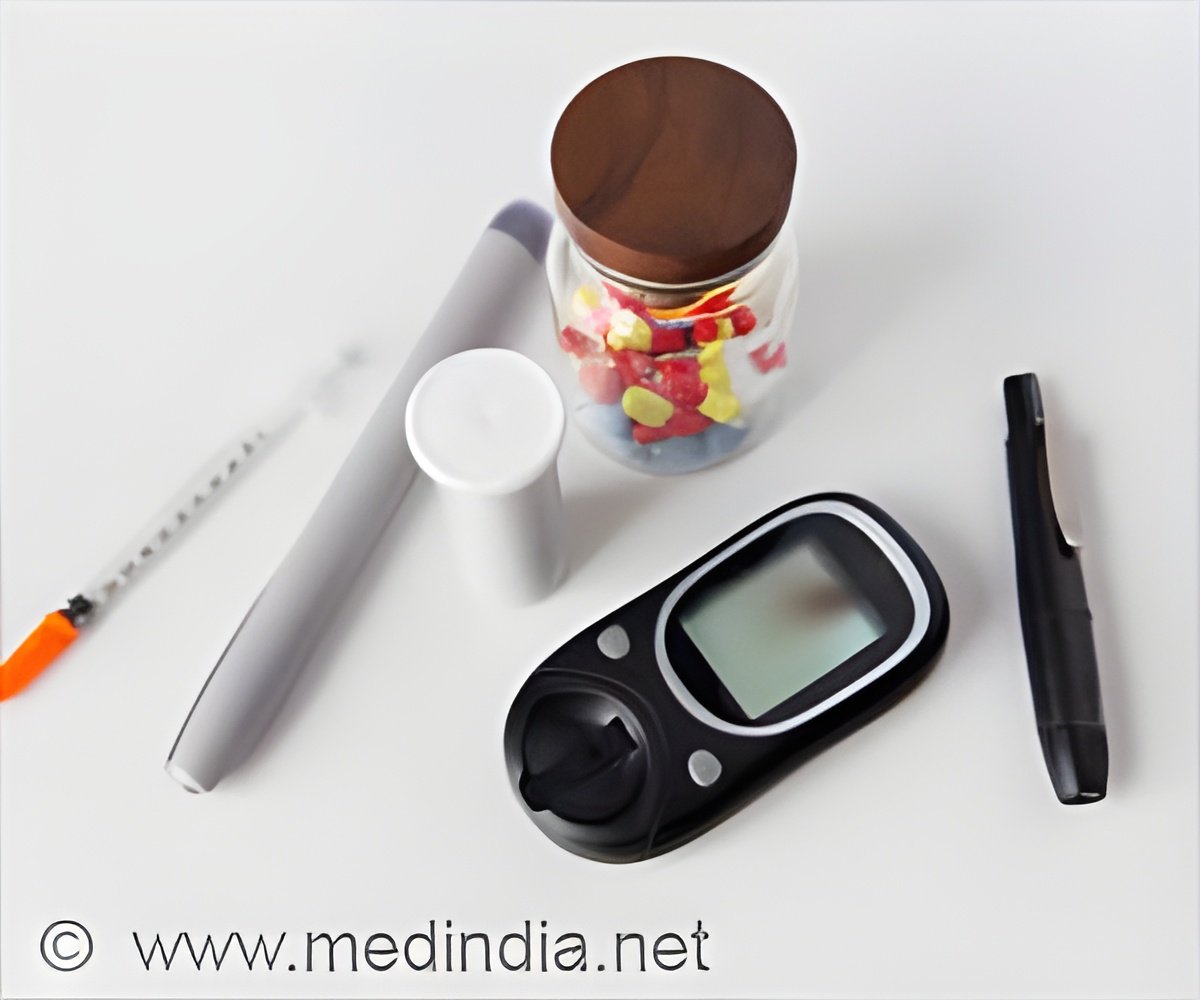and weight is to eat your meal (without snacking!) at least 2 to 3 hours before bedtime. Eating late dinner produces elevated blood sugar levels and
regardless of the calories in the food.
A decent rule of thumb is to not fast for longer than three to four hours. For example, if you eat lunch at noon, you should take a snack around 3 p.m. and dinner between 6 and 7 p.m.
Advertisement
If you are prone to acid reflux or heartburn after eating, earlier dinnertime may be beneficial (2✔ ✔Trusted Source
Association between dinner-to-bed time and gastro-esophageal reflux disease
Go to source
). People with type 2 diabetes may benefit from an earlier dinnertime because later dinners can contribute to diabetic problems (3✔ ✔Trusted Source
Eating Dinner Early Improves 24-h Blood Glucose Levels and Boosts Lipid Metabolism after Breakfast the Next Day: A Randomized Cross-Over Trial
Go to source
).
Health Benefits of Having Dinner Early
Alignment of the circadian rhythm
Our bodies are wired to have a circadian rhythm that governs many physical activities. Eating in this pattern may improve digestion and metabolism, rest the digestive tract, and allow the liver to rest and detox without overstressing it. According to the expert, this rest period also helps to a better gut microbiota and easier digestion (4✔ ✔Trusted Source
Timing Matters: The Interplay between Early Mealtime, Circadian Rhythms, Gene Expression, Circadian Hormones, and Metabolism-A Narrative Review
Go to source
).
Blood sugar management
Early dinner aids in insulin sensitivity, which implies that your body’s cells become more responsive to insulin. This can assist to more effectively regulate blood sugar levels and lower the risk of insulin resistance, which can eventually lead to type 2 diabetes. It can also lead to lower and more regulated insulin increases after meals. This can help to improve overall glycemic management by preventing quick and excessive swings in blood sugar levels.
Better sleep quality
Eating too close to bedtime can cause sleep disruption owing to discomfort or indigestion (5✔ ✔Trusted Source
Effects of Dinner Timing on Sleep Stage Distribution and EEG Power Spectrum in Healthy Volunteers
Go to source
). According to the expert, eating dinner early permits your body to fall into a state of restfulness during the night, boosting improved sleep quality.
Cardiovascular health
Eating late in the evening, particularly high-calorie and unhealthy foods, may be detrimental to heart health (6✔ ✔Trusted Source
Late eating is associated with cardiometabolic risk traits, obesogenic behaviors, and impaired weight loss
Go to source
). An early dinner, on the other hand, may help to improve heart health by decreasing the consumption of heavy, fatty foods before going to bed.
Hormonal balance
Our hormones, such as insulin and cortisol, have a daily cycle. Eating earlier corresponds to the body’s normal hormonal cycles, which may promote healthy metabolism and hormone management.
References :
- Timing of Breakfast, Lunch, and Dinner. Effects on Obesity and Metabolic Risk – (https://pubmed.ncbi.nlm.nih.gov/31684003/)
- Association between dinner-to-bed time and gastro-esophageal reflux disease – (https://pubmed.ncbi.nlm.nih.gov/16393212/)
- Eating Dinner Early Improves 24-h Blood Glucose Levels and Boosts Lipid Metabolism after Breakfast the Next Day: A Randomized Cross-Over Trial – (https://pubmed.ncbi.nlm.nih.gov/34371933/)
- Timing Matters: The Interplay between Early Mealtime, Circadian Rhythms, Gene Expression, Circadian Hormones, and Metabolism-A Narrative Review – (https://pubmed.ncbi.nlm.nih.gov/37754352/)
- Effects of Dinner Timing on Sleep Stage Distribution and EEG Power Spectrum in Healthy Volunteers – (https://pubmed.ncbi.nlm.nih.gov/34017207/)
- Late eating is associated with cardiometabolic risk traits, obesogenic behaviors, and impaired weight loss – (https://pubmed.ncbi.nlm.nih.gov/33022698/)
Source: Medindia



